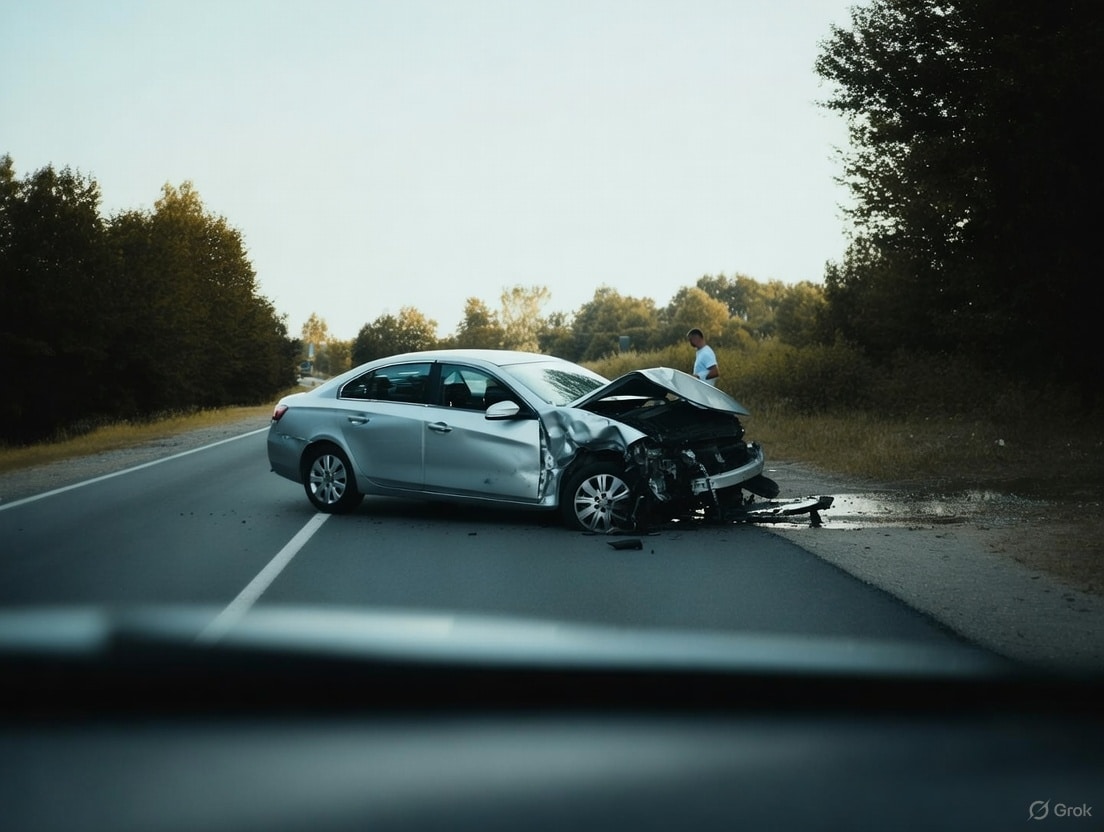Table of Contents
Nobody plans to get into a car accident, but with over 6 million police-reported crashes happening across the country in 2023 alone, the reality is that many of us will find ourselves in this stressful situation at some point. When it happens, one of the most concerning questions you might face is: “What if I’m partially responsible for what happened?”
The good news is that being partially at fault doesn’t necessarily mean you’re out of luck when it comes to recovering compensation or dealing with the aftermath. Let’s break down what you need to know.
The Difference Between Comparative and Contributory Negligence
Most states follow what’s called “comparative negligence” laws, which a car accident attorney can help you understand. This means fault can be divided between multiple parties. For example, if you were speeding but the other driver ran a red light, you might be found 30% at fault while they’re 70% responsible. In these states, you can still recover damages, but your compensation will be reduced by your percentage of fault.
A smaller number of states use “contributory negligence” rules, where even being 1% at fault can bar you from recovering any compensation. These laws are generally considered harsh, which is why most states have moved away from them.
What Partial Fault Means for Your Claim
If you’re found partially responsible, it doesn’t mean you should panic or assume you can’t get help with medical bills or vehicle repairs. In comparative negligence states, you’ll typically receive compensation minus your percentage of fault. So, if your damages total $10,000 and you’re 25% at fault, you’d receive $7,500. This system recognizes that accidents often result from multiple factors. For example, driver distraction played a part in over 3000 deaths in 2024.
Steps to Take After an Accident
Even if you think you might be partially at fault, take the same important steps you would in any accident. Call the police, seek medical attention if needed, and document the scene with photos. With approximately 2.4 million people injured in crashes last year, getting proper medical evaluation is crucial regardless of fault determination.
Exchange information with other drivers, but avoid admitting fault at the scene. What seems obvious to you might not be the full picture, and fault determination is complex work best left to insurance adjusters and legal professionals.
Getting Professional Help
Consider consulting with a personal injury attorney, especially if there are significant injuries or property damage involved. They can help you understand your state’s specific laws and protect your interests during the claims process.
A skilled car accident attorney will evaluate your case objectively, even when partial fault is involved. They understand how insurance companies operate and can negotiate on your behalf to ensure you receive fair compensation.
Protecting Your Rights Moving Forward
As you can see, even in situations where you bear some responsibility, you still have rights and options. The key is understanding how your state’s laws work and taking the right steps to protect yourself throughout the process.


